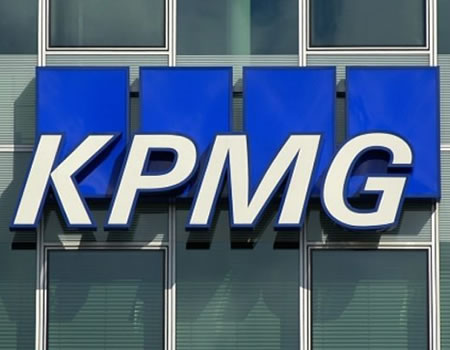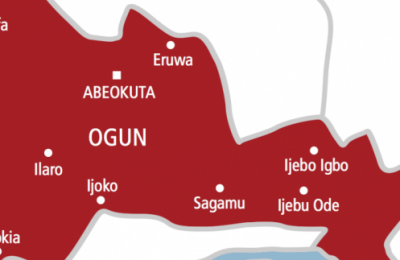Streamlined banking processes, seamless transactions, and personalized services have become essential for banks aiming to enhance customer loyalty and maintain competitiveness, according to a new report by KPMG. The study highlights that efficiency in everyday banking is a critical determinant of customer satisfaction, especially in an era of rapidly evolving technology and shifting customer expectations.
The banking landscape has experienced significant changes, with the proliferation of digital solutions reshaping how services are delivered. KPMG’s report emphasizes that retail customers place a premium on the ease of conducting routine transactions. The ability to transfer money seamlessly between accounts and mobile wallets, as well as reliable cash availability at ATMs, ranked highest in importance and satisfaction among surveyed consumers. These elements underscore the vital role of dependable, day-to-day banking services in building trust and loyalty.

The ubiquity of mobile devices in Nigeria has further accelerated the demand for efficiency. According to the report, 78% of respondents indicated they would rather lose their wallets than their phones, highlighting the central role of mobile technology in daily life. About 32% of users check their phones every 10 to 15 minutes, while 60% prioritize communication via platforms like WhatsApp. Beyond social interactions, over half of mobile users engage in self-education on platforms like Udemy and Coursera, while 43% use their devices for job searches and applications.
These statistics underline the need for banks to adopt mobile-first strategies, ensuring that mobile apps and services are user-friendly, efficient, and tailored to individual customer needs. The rise of short-form, visually engaging content also presents an opportunity for financial institutions to rethink their communication strategies, moving away from traditional messaging to formats that resonate with modern audiences.
Social media, a powerful tool shaping consumer habits, has emerged as another key area for engagement. Nigerians reportedly spend over three hours daily on platforms such as TikTok, Instagram, and Snapchat. However, keeping users engaged is increasingly challenging, with 33% losing interest in content that lacks relevance or appeal. For banks, leveraging these platforms effectively means creating concise, relatable content that aligns with consumer preferences and habits.
The report also points to the growing acceptance of artificial intelligence (AI) technologies in banking. Retail consumers in Nigeria are increasingly open to AI-powered tools that enhance personalization, efficiency, and decision-making. From chatbots providing 24/7 customer support to advanced analytics for tailoring financial products, AI is becoming a cornerstone of modern banking.
KPMG’s findings highlight the critical importance of efficiency and innovation in everyday banking. For financial institutions, staying competitive requires a deep understanding of evolving customer expectations, particularly in areas like mobile accessibility, social media engagement, and AI adoption. As the banking sector continues to transform, prioritizing seamless, personalized, and efficient services will remain central to driving customer satisfaction and loyalty.
READ ALSO: Banks rated low in 2024 retail banking complaint resolution —KPMG Survey







